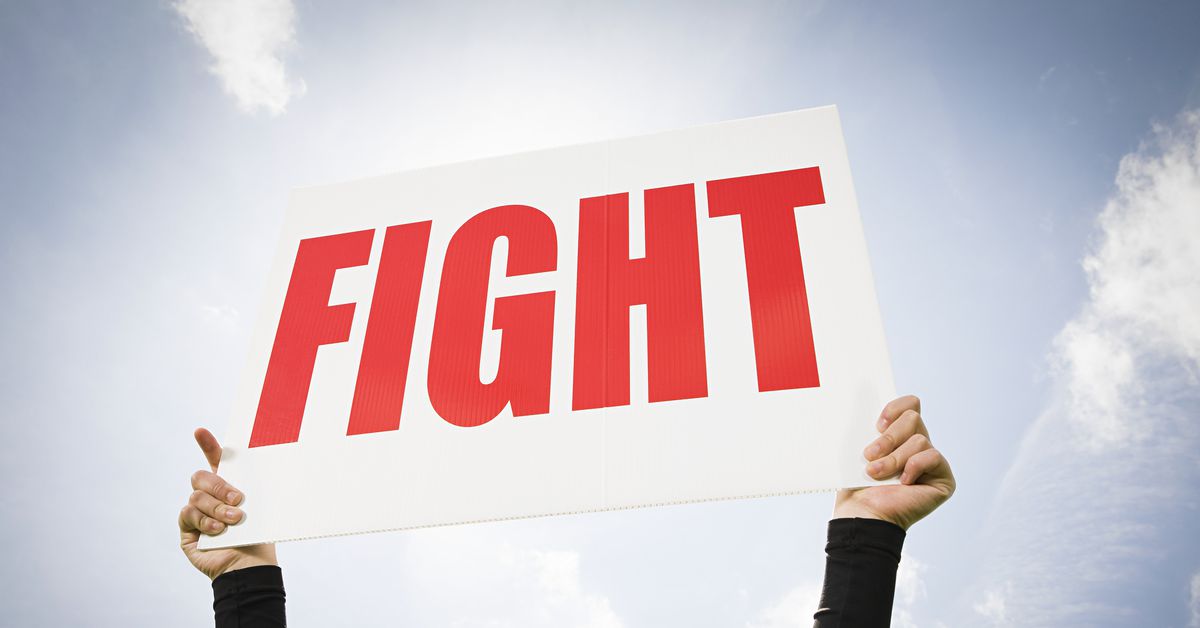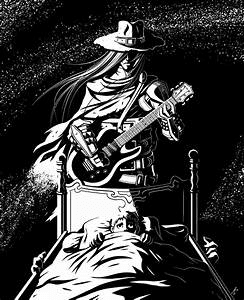Disir
Platinum Member
- Sep 30, 2011
- 28,003
- 9,607
- 910
In May 2017, high school sophomore Brandi Levy, who is identified only as “B.L.” in court filings even though her full name has been reported widely, tried out for her school’s varsity cheerleading team. She did not make the team, and was instead assigned to the junior varsity squad. Shortly thereafter, Levy posted an angry message on Snapchat showing her and a friend holding up their middle fingers. The caption read “fuck school fuck softball fuck cheer fuck everything.”
In its landmark decision in Tinker v. Des Moines Independent Community School District (1969), the Supreme Court held that public school students do not “shed their constitutional rights to freedom of speech or expression at the schoolhouse gate.” But Tinker also recognized that students’ free speech rights are diminished in the school context. A public school may punish its students for speech that “would materially and substantially disrupt the work and discipline of the school.”
...The ACLU’s brief, meanwhile, features a list of cases where Tinker permitted schools to censor students for expressing common political views — such as opposition to abortion or a desire for more permissive immigration policy. In one particularly stark case, a federal appeals court permitted a school to discipline football players because they organized a petition lobbying the school administration to replace a coach they believed to be abusive.
Tinker applies a context-specific rule to student speech. The case involved high school students who wore black armbands to school to protest the Vietnam War, and the Supreme Court held that these students had a First Amendment right to do so because “the record does not demonstrate any facts which might reasonably have led school authorities to forecast substantial disruption of or material interference with school activities.”

 www.vox.com
www.vox.com
I do not believe that schools have the right to involve themselves in ANY activity that occurs off campus that is not related to the school. Any.
In its landmark decision in Tinker v. Des Moines Independent Community School District (1969), the Supreme Court held that public school students do not “shed their constitutional rights to freedom of speech or expression at the schoolhouse gate.” But Tinker also recognized that students’ free speech rights are diminished in the school context. A public school may punish its students for speech that “would materially and substantially disrupt the work and discipline of the school.”
...The ACLU’s brief, meanwhile, features a list of cases where Tinker permitted schools to censor students for expressing common political views — such as opposition to abortion or a desire for more permissive immigration policy. In one particularly stark case, a federal appeals court permitted a school to discipline football players because they organized a petition lobbying the school administration to replace a coach they believed to be abusive.
Tinker applies a context-specific rule to student speech. The case involved high school students who wore black armbands to school to protest the Vietnam War, and the Supreme Court held that these students had a First Amendment right to do so because “the record does not demonstrate any facts which might reasonably have led school authorities to forecast substantial disruption of or material interference with school activities.”

The Supreme Court’s "cursing cheerleader" case could reshape students’ First Amendment rights
A case about a high school student acting like a high school student raises difficult First Amendment questions.
 www.vox.com
www.vox.com
I do not believe that schools have the right to involve themselves in ANY activity that occurs off campus that is not related to the school. Any.


